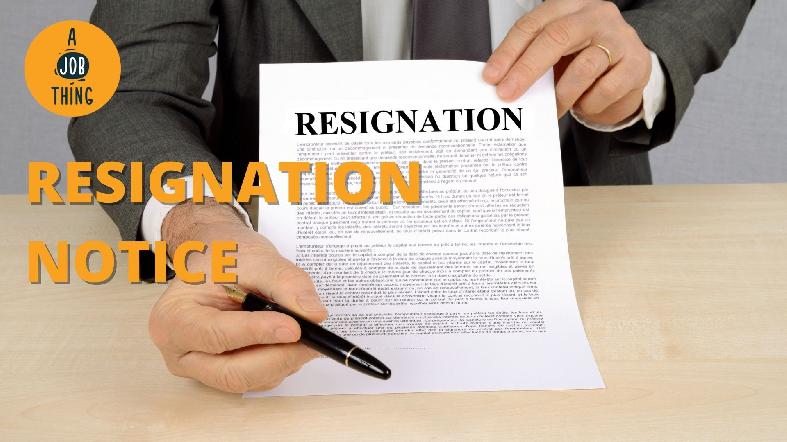
One Month Notice: What You Should Know About Resignation Periods
Are You Hiring?
Find candidates in 72 Hours with 5+ million talents in Maukerja Malaysia & Ricebowl using Instant Job Ads.
HIRE NOW
Usually, an employment contract would have a "notice period". By providing the notice period (or by making payment in place of that notice), the employer or employee may terminate the employment contract. The notice period varies depending on the role and rank of the staff.
Why do employers need the notice period? The notice period helps to lessen any losses that could happen through an employee's resignation. For example, the employer wishes to ensure that the resigning employee finishes their outstanding projects or helps with handover and transition.
Employment Contract
If an employee's employment period with a company goes over one month, the employer must provide them with a written contract. The Employment Act of 1955 provides the minimum requirements of the contract content.
The contract contents must have:
- The terms and conditions related to the weekly/monthly amount of working hours,
- The period of probation and termination notice,
- Overtime payment and holidays,
- More details, such as salary and job title.
.jpg)
The employer has the right to set their conditions, but these conditions must not be lower than the minimum requirements of the Employment Act.
Notice of termination
The standard period when termination or resignation notice must be provided by either the employer or the employee depends on the length of the employment.
Section 12 EA states the following:
The length of notice should be the same for both parties. The length of notice should be stated in writing in the contract of service. If there is no such provision, then it should be as follows:
- Employed for less than two years (4 weeks notice)
- Employed for 2 – 5 years (6 weeks notice)
- Employed for more than five years (8 weeks notice)
Probation period
The employer sets the probation period, and they can dismiss the employee without notice. This also applies to termination on the side of the employee. The probation period is typically between one and six months. Of course, the employer must justify the dismissal.
If the employer dismisses the employee after the probation period and the dismissal is not because of employee misconduct, then the employee is entitled to layoff benefits. The basis on which the amount of days paid is estimated the same as for the probation period (employed for less than two years / from 2-5 years / for more than five years).
FAQ
If the employer wants to dismiss an employee, must they give the notice of termination first?
Yes, the employer must deliver the employee a notice of termination first.
In which cases can an employer terminate an employee without notice or payment in place of notice?
An employer has the right to dismiss an employee without notice or payment in place of notice only if the employee is dismissed for misconduct.
Can the employer demand the employee who sends the resignation notice to leave the immediately?
Yes, but the employer must pay the employee wages in place of the remainder of the notice period.
.jpg)
The employee must serve a notice of termination or pay the employee wages in place of the remainder of the notice period.
The employer regularly reviews the employees' salary in January and pays the employees' bonuses either in January or February. If the employee wants to resign by providing three months' notice (end of September), the employee will officially quit the company at the end of December. Will they still receive the bonus?
The employee's employment contract will reveal whether the employee is permitted to a bonus or not.. If the bonus is not a contractual one or is not displayed in the employee's employment terms, the employer has the right to not pay the bonus to the employee.
Typically, the employer does not pay a discretionary bonus to a former employee, who is not in the service at the time of bonus payment.
The employee's termination notice is three months, and they have two weeks of annual leave left. Can the employer force them to leave within a week and force them to compensate (paying the employer 2.5 months of salary) for leaving early?
The employee's termination notice would be three months or payment of 3 months of wages in place of the termination notice. If the employer wants the employee to leave immediately, then the employer must pay the employee the payment in place of notice.
The employee does not have to pay the employer any compensation in place of notice, as they do not leave early; instead, it was the employer that wishes the employee to leave early. Therefore, the employer is the one that has to pay the employee in lieu of the remaining notice period.
Learn more about AJobThing here!
Sources: Skrine, Just Landed, MEF, Donovan & Ho
Related articles
HR Guide: Probationary Period Tips and Templates
HR Guide: How to Conduct a Reference Check
All You Need to Know About Probationary Period

